
Bathing has been a fundamental part of human culture for thousands of years. The relaxing properties of a warm bath are not only enjoyable but have numerous scientifically proven benefits for our mental and physical well-being. One of these benefits is the ability of a bath to promote better sleep. In this article, we will explore the science behind bath time and better sleep, how bath relaxation can help improve your overall sleep quality, and provide tips for creating the ultimate relaxing bath experience.
The Science of Bath Time and Sleep: The Role of Body Temperature
Our body temperature plays a crucial role in regulating sleep-wake cycles. Typically, our body temperature peaks in the late afternoon and begins to drop during the evening, signalling that it's time for bed. By the early morning hours, our body temperature reaches its lowest point before slowly rising again as the day begins.
Taking a warm bath (around 102-104°F or 38-40°C) around 1-2 hours before bedtime can help regulate your body temperature, which in turn facilitates the process of falling asleep. As you soak in the warm water, your body temperature increases. Once you step out of the bath, the heat evaporates from your skin, causing your body temperature to rapidly decrease. This rapid cooling mimics the natural process that occurs in the evening, signalling to your brain that it is time for sleep.
Research supports the impact of bathing on sleep quality. A 2017 study found that participants who spent 10 minutes in a hot bath 1-2 hours before bedtime experienced significant improvements in sleep onset latency (the time it takes to fall asleep) and sleep quality.
Melatonin Production and Bath Relaxation
Melatonin, commonly known as the "sleep hormone," is another key factor in the relationship between bath time and better sleep. Melatonin is produced by the brain's pineal gland, and its production is influenced by factors such as light exposure and body temperature.
When you take a warm bath before bed, the increase in body temperature followed by the rapid cooling effect stimulates the production of melatonin. This boost in melatonin production helps signal to your body that it's time to wind down and prepare for sleep, making it easier for you to fall asleep and stay asleep throughout the night.
The Role of Bath Relaxation in Stress Reduction
Stress is a common disruptor of sleep quality. When we are stressed, our bodies produce cortisol, a hormone that increases alertness and makes it more difficult to fall asleep. Bath relaxation can help to reduce stress levels by providing a calming and soothing environment, which in turn can contribute to better sleep.
The warm water and soothing sensations of a bath can help to relax your muscles and ease body aches, promoting relaxation and calmness. Moreover, incorporating elements such as aromatherapy using calming scents like lavender, and mindfulness practices can further enhance the stress-reducing effects of bath time, allowing you to drift off to sleep more easily.
Creating the Ultimate Relaxing Bath Experience
To fully enjoy the benefits of bath relaxation and reap the rewards of improved sleep, follow these tips to create the ultimate relaxing bath experience:
- Set the scene: Transform your bathroom into a sanctuary of relaxation by dimming the lights, lighting candles, or using a diffuser with calming oils such as lavender or chamomile. Soft, calming music or nature sounds can also help set the mood.
- Invest in comfort: Elevate your bath experience with comfort-enhancing products such as luxury bath pillows, bath cushions, and soft, absorbent towels.
- Right temperature: Make sure the water temperature is just right (around 102-104°F or 38-40°C) to maximize the heat benefits that can positively affect your sleep quality.
- Incorporate bath salts: Bath salts contain magnesium, which can help reduce muscle tension and promote deep relaxation. Epsom salts are an affordable and popular choice for achieving this effect.
- Practice mindfulness: Take the time to focus on your breath, the sensations of the warm water on your skin, and the soothing scents. Practicing mindfulness can help you to clear your mind and unwind from any lingering stress.
Conclusion
The science behind bath time and better sleep demonstrates the numerous benefits of incorporating a warm bath into your evening routine. From regulating body temperature and promoting melatonin production to improving relaxation and stress reduction, soaking in a warm bath before bed can help improve the quality and quantity of your sleep. By creating the ultimate relaxing bath experience, you can ensure you enjoy the full range of bath relaxation benefits and achieve better sleep, night after night.
Frequently Asked Questions
Does taking a bath make you sleep better?
Yes, taking a warm bath can significantly improve sleep quality. By boosting body temperature and promoting melatonin production, a warm bath can make it easier to fall asleep and stay asleep throughout the night. Additionally, bath relaxation can help to reduce stress levels, further contributing to improved sleep.
Why do I sleep so good after a bath?
There are several factors that contribute to the improved sleep quality after a warm bath:
- Body temperature regulation: The increased body temperature followed by rapid cooling upon stepping out of the bath helps signal to the brain that it's time for sleep.
- Melatonin production: The temperature changes associated with bathing stimulate melatonin production, which helps regulate sleep.
- Stress reduction: Bath relaxation helps to reduce stress levels, easing tension and promoting a restful night's sleep.
Is it better to take a shower before bed or in the morning?
Whether to shower before bed or in the morning depends on personal preferences and individual needs. Taking a shower before bed can help to relax muscles, wash away allergens and sweat, and promote better sleep. On the other hand, a shower in the morning can help to wake you up, refresh your body, and kickstart your day. It is essential to find the routine that works best for you based on your lifestyle, personal preferences, and sleep quality.
Why is it important to take a bath regularly?
Regular baths offer numerous benefits, including:
- Hygiene: Bathing helps to cleanse the skin, remove dirt and sweat, and prevent infections and bad odors.
- Relaxation: A warm bath can help to relax muscles, soothe aches, and ease tension, promoting stress reduction and overall mental well-being.
- Therapeutic benefits: Bathing can alleviate symptoms of various skin conditions and may improve blood circulation, making it an essential part of maintaining good health.
- Improved sleep: As explored in this article, a regular bath routine can contribute to better sleep quality by helping to regulate body temperature, promote melatonin production, and reduce stress levels.






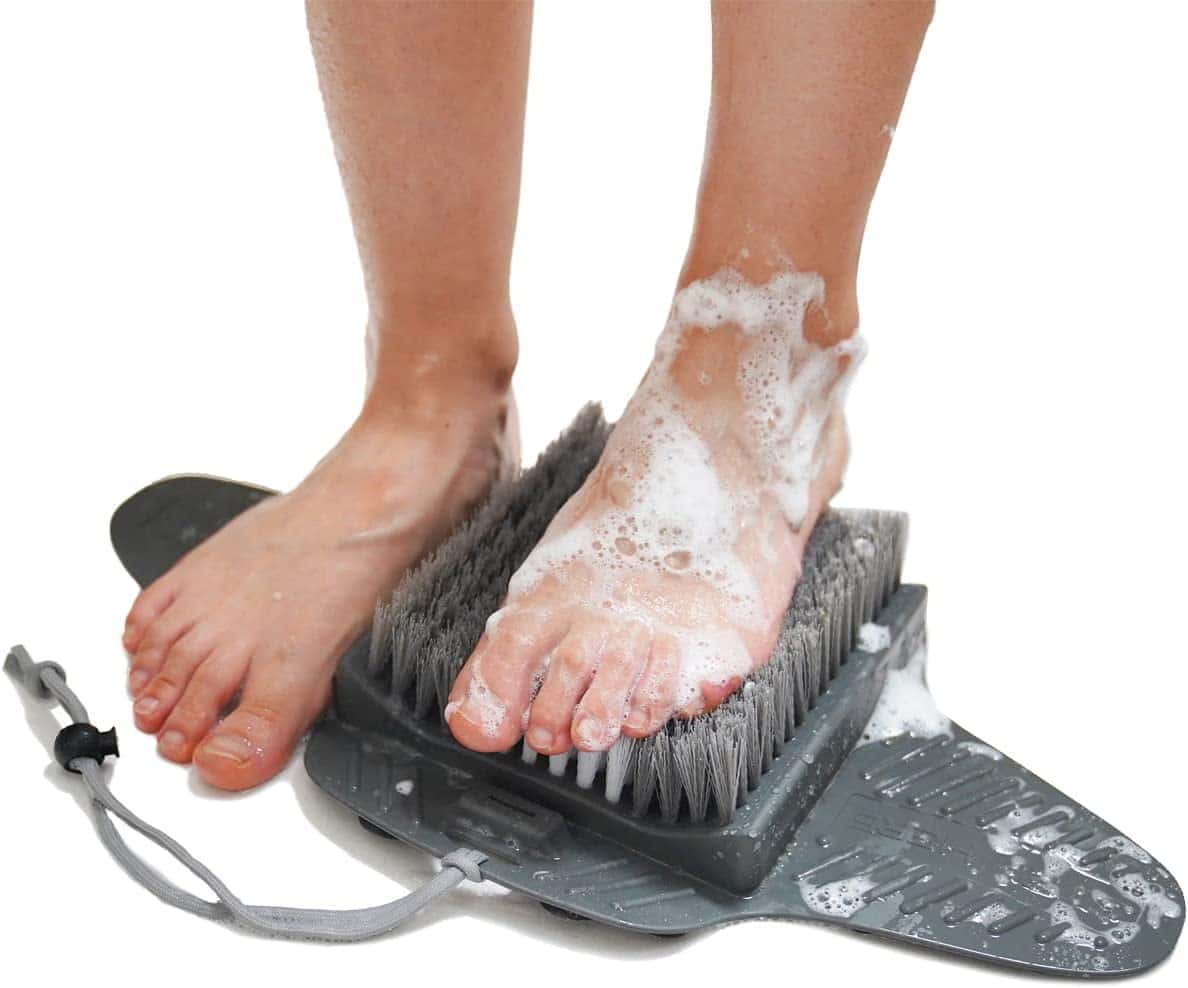




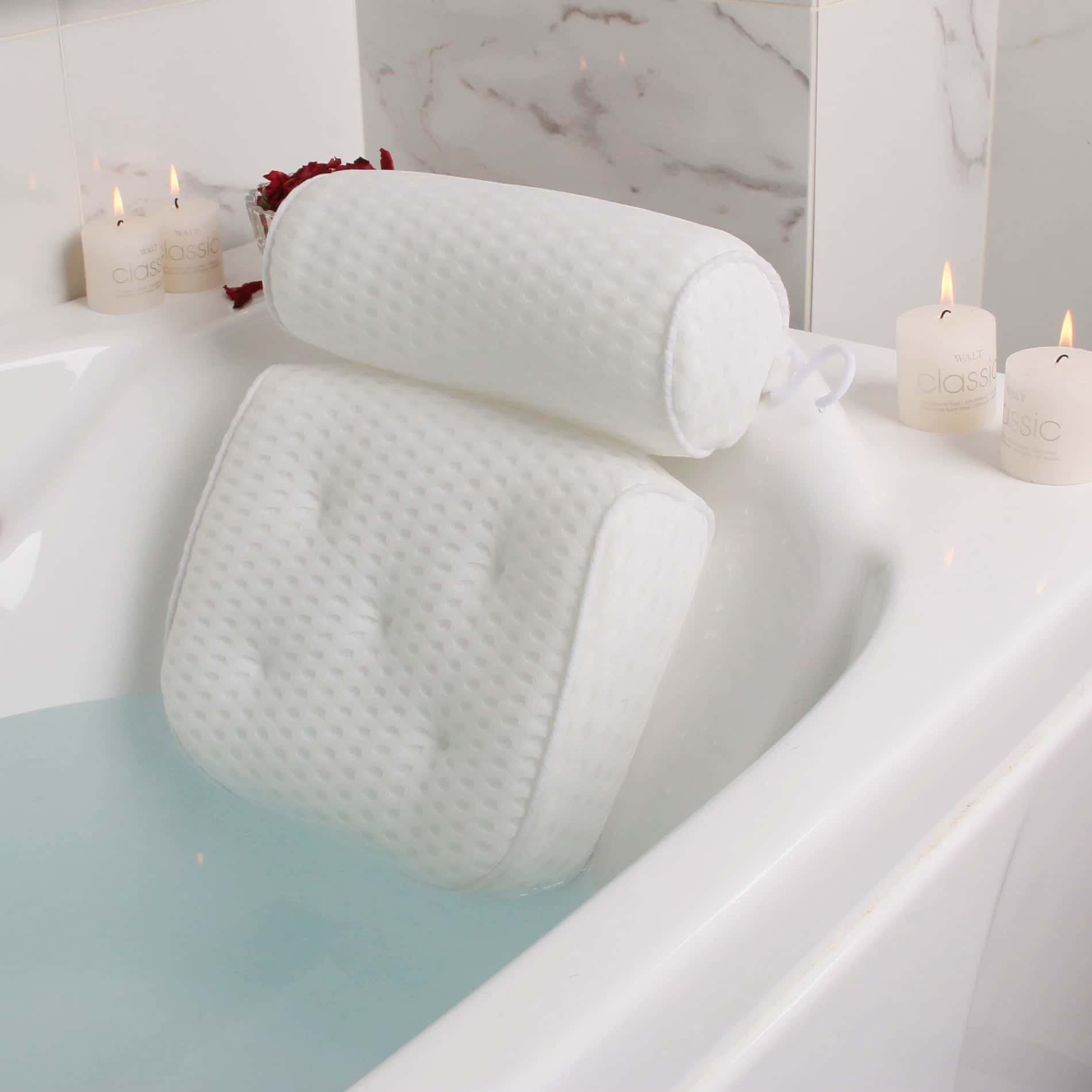
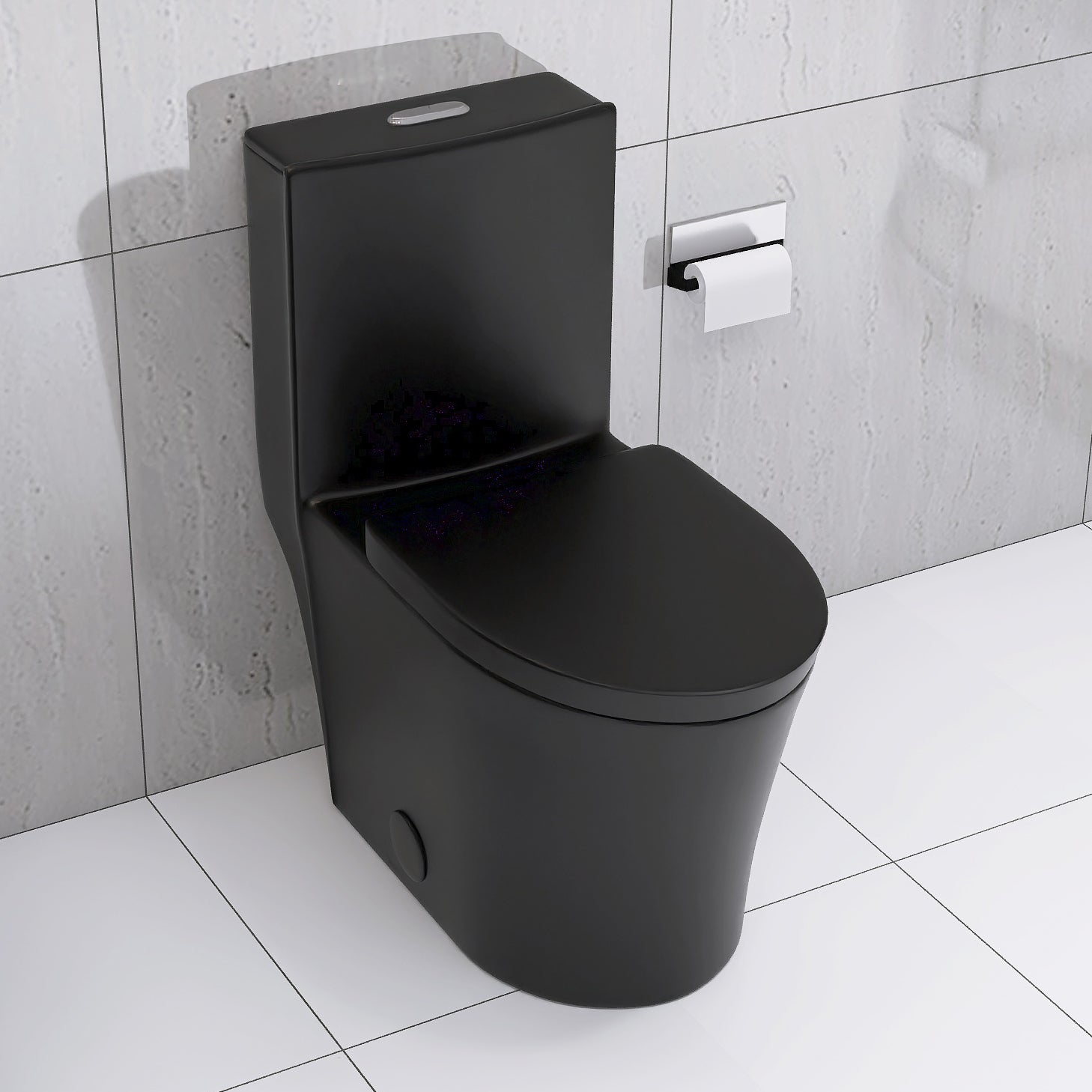




















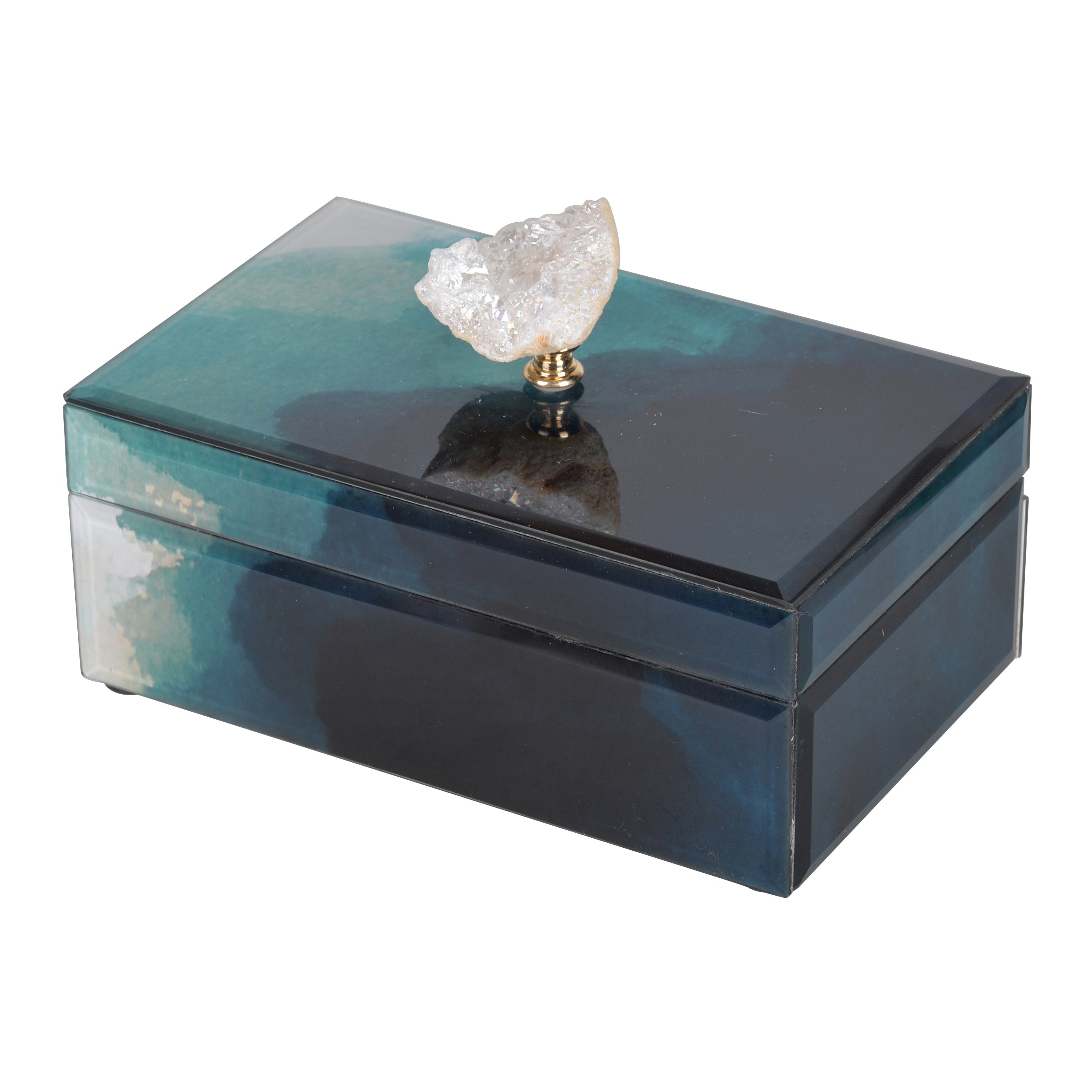



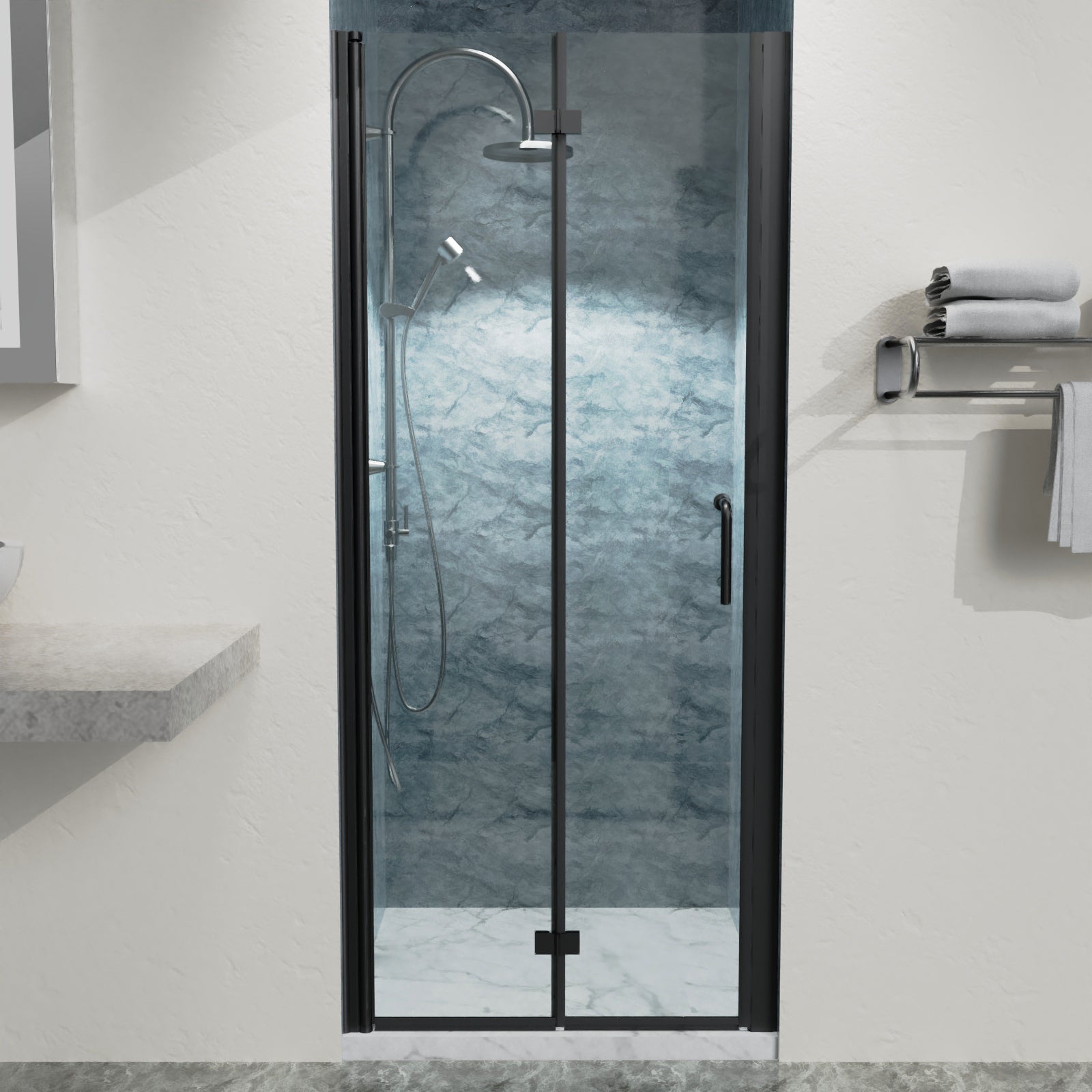









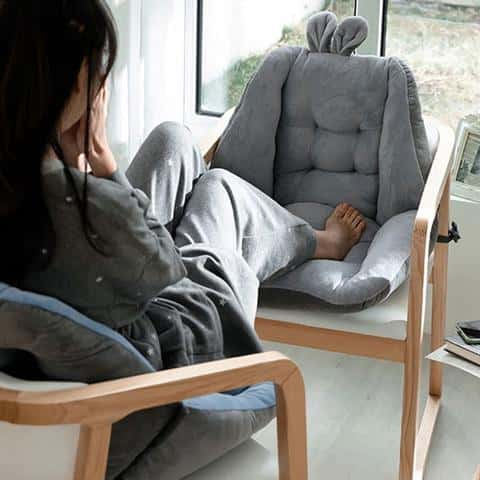








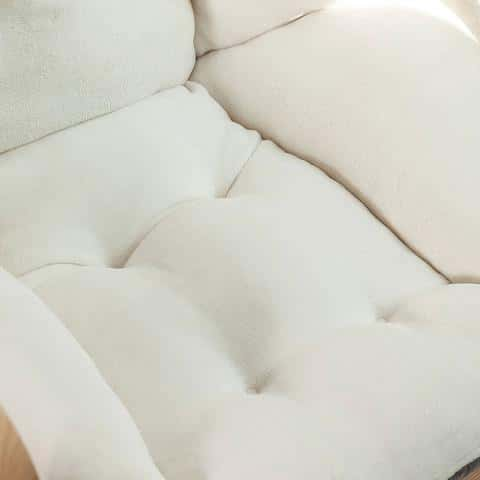



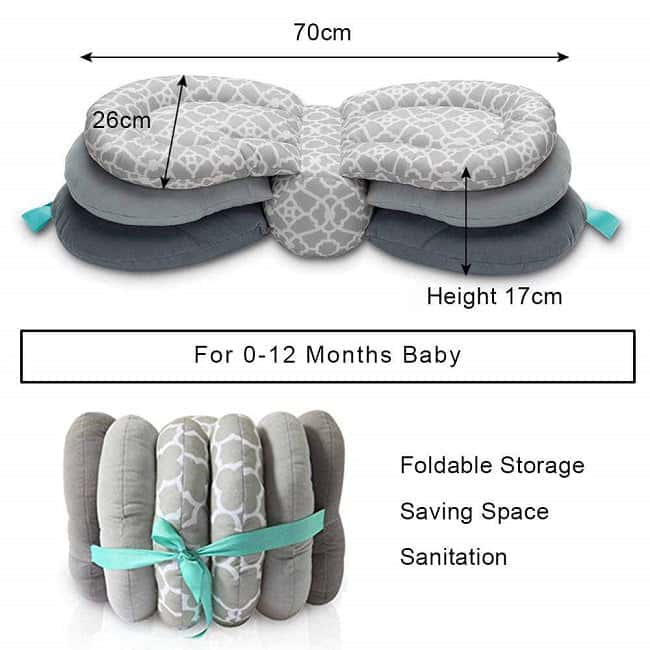






















Share and get 15% off!
Simply share this product on one of the following social networks and you will unlock 15% off!